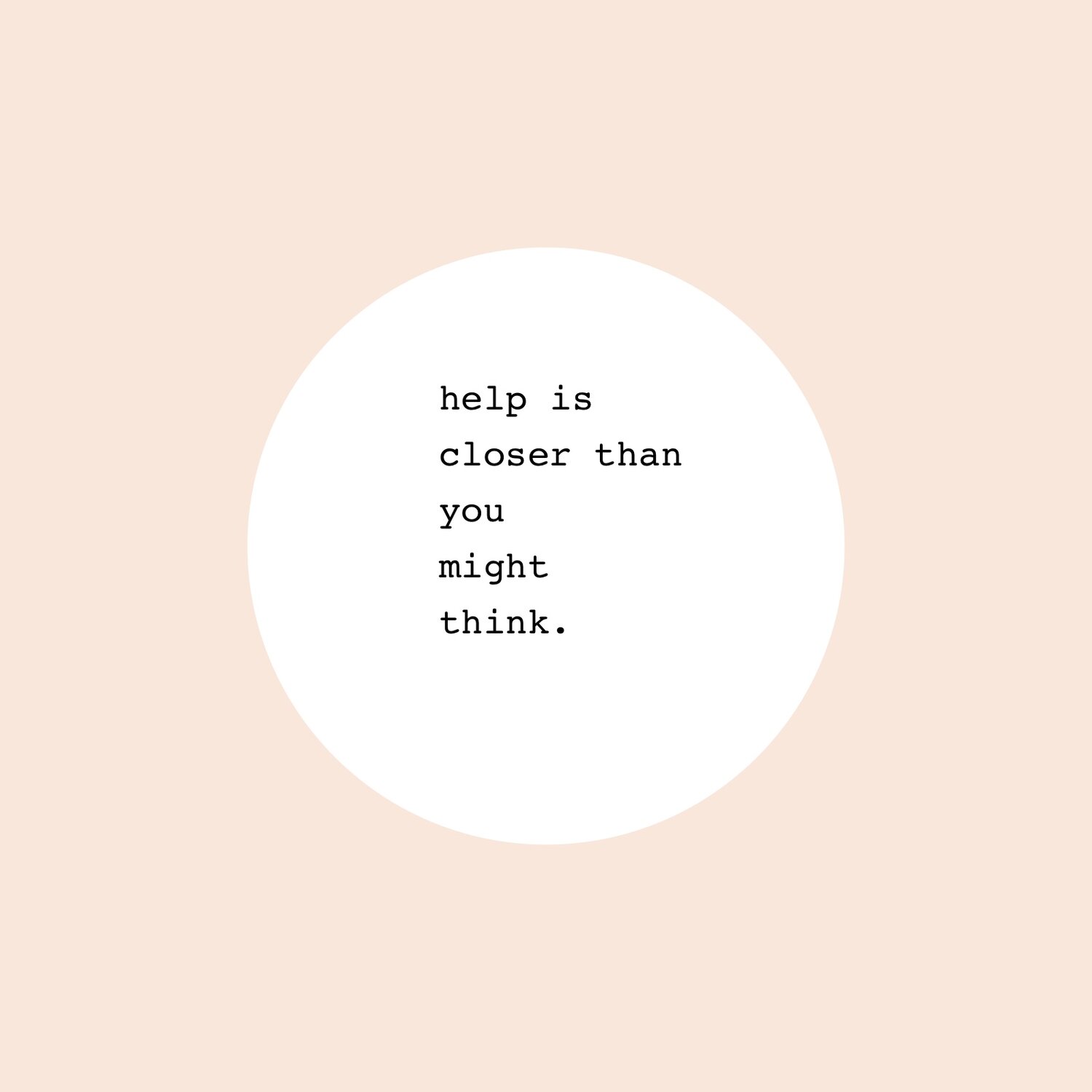Help is Closer Than You Might Think
It can feel like there’s a great canyon between where we are and where help resides. This is a truth I write about from both the perspective of being in need of help and being in a helper position. I’ve received feedback from the clients I’ve seen and I’ve experienced my own barriers that kept me from help. Help can come in many forms, and the one I’m choosing to write about today is the form of mental health therapy (surprise, surprise:) I’ve had a couple of therapists throughout my life who have been absolute lifesavers, and I really don’t know where I’d be without them. They supported me and helped me build a support system outside of them.
So why is it so hard to ask for help? Why do we continue to suffer rather than taking the steps to ask for help? I’ve compiled a list of the top 4 reasons I believe it’s hard to ask for help, as well as the top 5 benefits that can be experienced on the other side of that canyon.
So what are the top things that can keep people away?
We think things have to get “really bad.” We can form an idea that life has to be really bad before we can ask for help. The problem with this mindset is that “really bad” is a moving target, and we don’t honor our current suffering or better yet the life we could be living. We stay in an “I’ll fix it myself loop.” This is the energy of inertia. When we adapt (or maladapt) to a less than ideal situation for too long, it becomes our new normal. We start believing, “I’ve felt this way for so long, so I guess this is just how life will always be.”
We’ve had a previous negative experience with a therapist or we know someone who’s had a bad experience. Many of us have also seen TV and movie scenes of a therapy office and it feels impersonal and formal. Therapy is a relationship. A good therapist will hold space for you to explore your questions, your pain, and identify what you want to be different in your life. A good therapist will also know that you hold the answers within, while also pointing out how you could be getting in your own way.
We lack understanding about the financial options available to us to cover therapy sessions. This is where contacting your insurance company or asking a therapist (or his or her billing person) for some guidance. Insurance often covers mental health sessions and oftentimes therapists will offer reduced rates for those in financial need.
We don’t believe we are worth it. Maybe we grew up in a family where we kept secrets and pretended everything was ok. Maybe no one around us is seeking therapy. Maybe we just don’t believe we can change. Notice the resistance and excuses that come up for you when you think about contacting someone for help. But also notice the still, persistent voice inside you that knows there is a better, happier, and healthier way of living waiting to be experienced. Make the call. You don’t have to commit right away. I often hear that just making the call brings a sense of relief. At least give yourself that gift until you’re ready to take the next step.
So what are some possible benefits of therapy?
We have access to an objective person outside our friend, family, and work groups. Someone who is just our person that can offer clarity because they are outside of our situation.
Perspective. We can get distance from the problem and see it for what it is. Distance empowers us to get unstuck and move forward. Clearing away the clutter helps us soften toward ourselves and others. Perspective also comes when we let something painful take a smaller, integrated place in our life. It isn’t this large, dark, abstract thing anymore. It actually becomes a concrete and defined part of our historical life.
Healing. We get relief from problematic (and destructive) behaviors and thinking patterns. We can create space and look at the symptoms we’ve developed and the roots that set them in motion. Seventy-five to ninety percent of all doctor's office visits are for stress-related symptoms and complaints . Learning to deal with emotions and stress can actually lead to the benefit of physical healing and move us away from the formation of chronic diseases.
We develop a lifetime of tools. Therapy actually changes the way our brain works. Due to our brain’s plasticity, we can rewire the way our brain receives, processes, and formulates information. The tools we put in motion allow us to start to feel better, behave differently, and think with more clarity.
Normalization. As shame breeds in the dark, it can feel 100 lbs lighter to hear “that’s normal” after we’ve shared previously hidden secretes. Feeling lighter gives us traction to the next step, and the next, and the next, until we feel we are well on our way to creating and sustaining a different life for ourselves.

